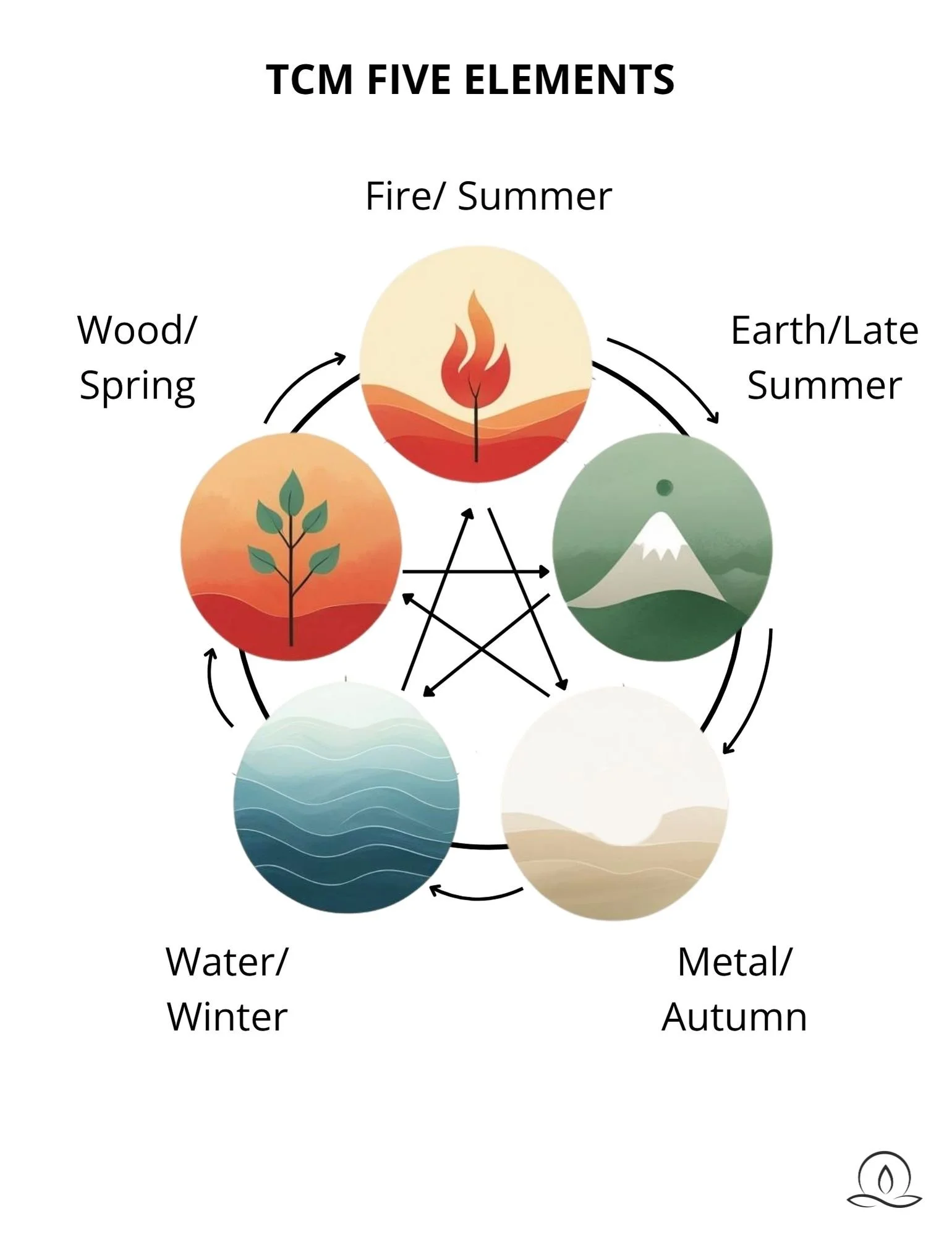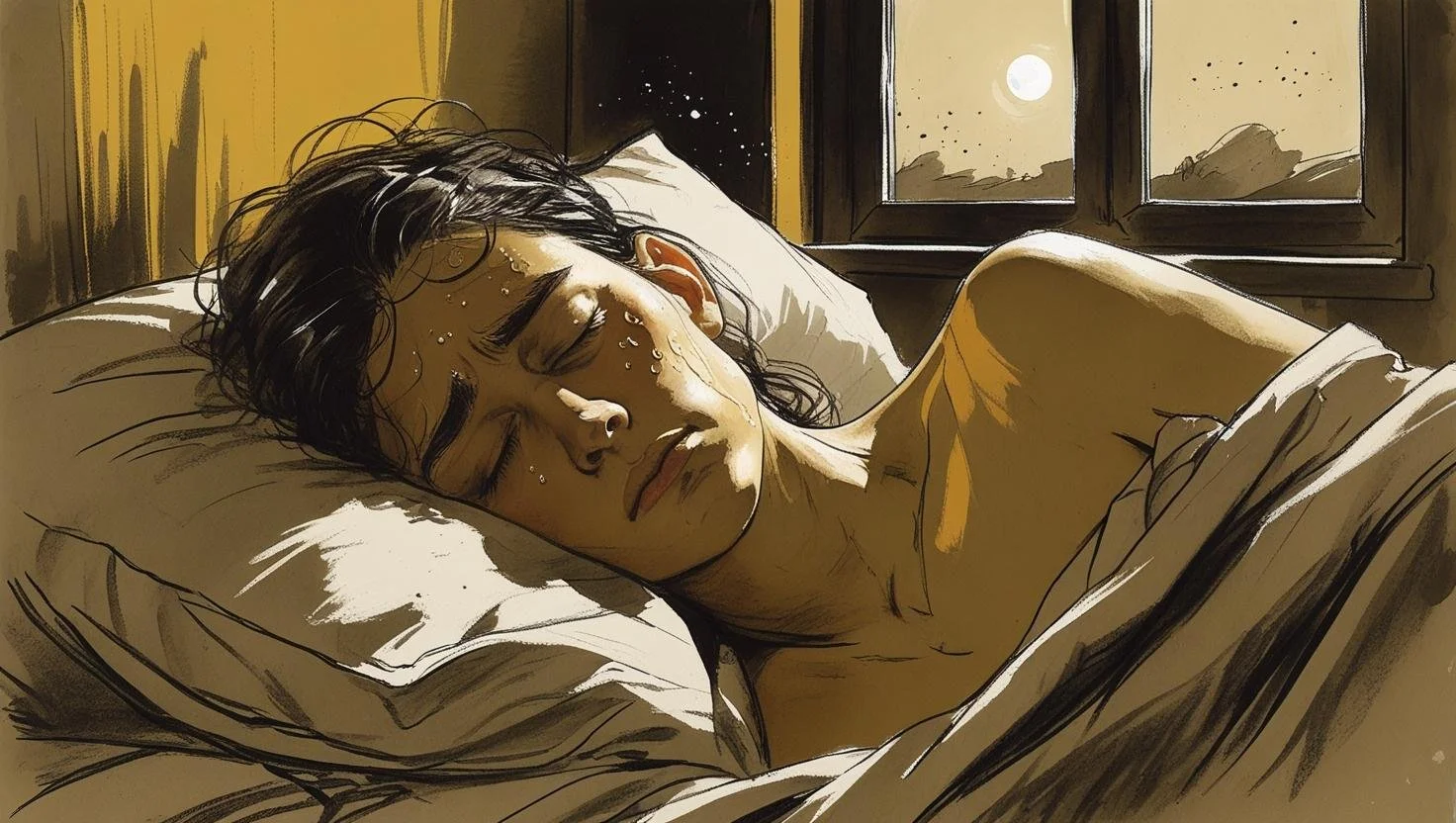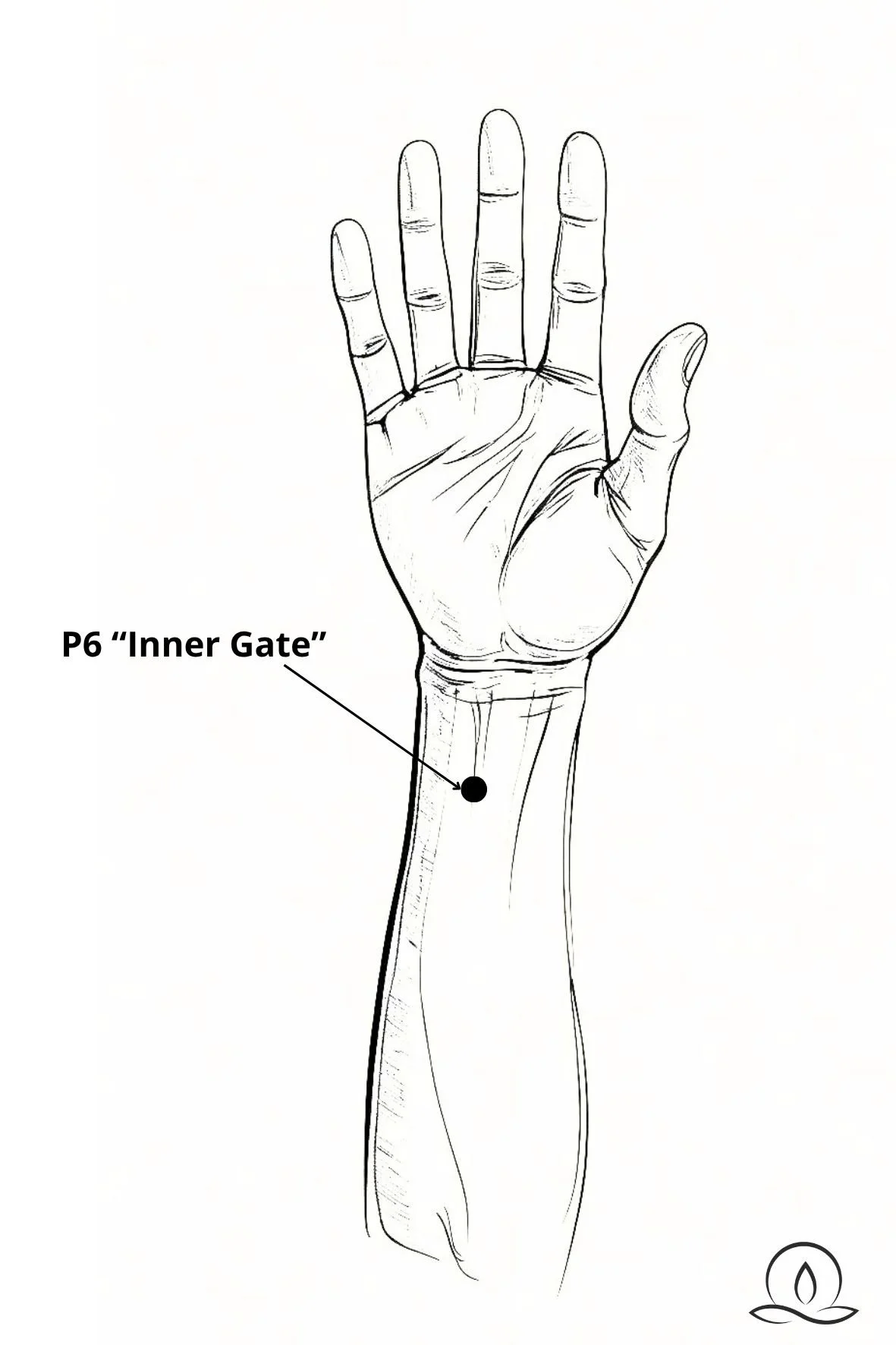Why Summer Heat Disrupts Your Sleep: Insights from Traditional Chinese Medicine
Summer in Scotland is finally here—and what a summer it’s been. After last year’s long, grey months with very little sunshine, many of us have been craving warmth, light, and blue skies. And now that we have it, there’s a noticeable lift in mood across the country.
But while the brighter days are welcome, the heat and unusually high humidity this year have also brought new challenges—especially when it comes to sleep.
If you've been tossing and turning, waking in the night, or struggling to fall asleep at all, you’re not alone. From a Traditional Chinese Medicine (TCM) perspective, this makes perfect sense—and there are simple, natural ways to support yourself through it.
Why Summer Sleep Feels So Difficult
In TCM, summer is associated with the Fire element and the energy of Yang. Yang is hot, expansive, active, and outward-moving—the opposite of Yin, which is cool, inward, and restorative.
During summer, Yang dominates in nature—and in our bodies. Long days and constant stimulation (sunshine, socialising, late evenings) can lead to an overactive system, especially when it’s hot and damp like it’s been recently in Scotland.
If your Yin is already a bit depleted—perhaps from stress, overwork, menopause, or anxiety—it becomes harder for your body to calm down. You might feel wired but tired, emotionally overstimulated, or wake often in the night.
What Is Shen—and Why Does It Matter for Sleep?
In Chinese medicine, the Heart houses the Shen, often translated as the mind or spirit. A calm Shen allows us to fall asleep easily and stay asleep peacefully. But when Heart Fire flares up, or when Yin isn’t able to anchor the Heart, the Shen becomes unsettled.
Symptoms of disturbed Shen include:
Trouble falling asleep
Waking multiple times
Restless dreams or night sweats
Feeling anxious or jumpy in the evening
The goal? To calm the Heart and settle the Shen, especially during heat and humidity.
My Go-To Acupressure Point for Humid Nights
To be honest, I’ve been struggling with sleep myself lately. The nights feel heavy, and although I’m tired, I find my mind racing when I lie down. This humid Scottish summer has been wonderful in so many ways—but it’s also been intense.
What’s really helped me is doing acupuncture on myself at Pericardium 6 (P6), a point on the inner wrist known for calming the chest, easing anxiety, and supporting restful sleep. It works beautifully—and you don’t need needles to benefit. You can easily apply acupressure at home.
Acupressure Points for Summer Sleep Support
Pericardium 6 (Neiguan – “Inner Gate”)
This is one of the most famous and widely used acupuncture points in Traditional Chinese Medicine. It’s especially valued for its ability to:
Calm the mind and relieve anxiety
Ease nausea and digestive upset
Support restful sleep
Relieve chest tightness and palpitations
Because it’s so effective at calming the Heart and Shen (mind/spirit), it is a go-to point when you’re feeling stressed, restless, or struggling to sleep—perfect for those hot, humid summer nights.
Location: On the inner forearm, three finger-widths below the wrist crease, between the two tendons.
Use: Apply steady pressure with your thumb for 1–2 minutes on each wrist. Take slow breaths. Helps calm the Heart and soothe emotional restlessness.
Kidney 1 (Yongquan – “Gushing Spring”)
This is the lowest acupoint on the body and the only one located on the sole of the foot. Although I don’t tend to use it in my acupuncture treatments, it’s a wonderful point to work with through acupressure. It has powerful grounding, calming, and cooling properties, making it especially useful when:
You're feeling anxious, ungrounded, or mentally overactive
You have trouble sleeping due to racing thoughts or heat
There's too much “Yang energy” in the upper body (e.g. headaches, restlessness, dizziness)
You feel scattered, uncentred, or “in your head”
In Traditional Chinese Medicine, KD 1 is often used to draw excess energy downward, helping to anchor the Shen (mind/spirit) and promote rest.
Location: On the sole of the foot, one-third down from the toes.
Use: Apply firm pressure to help draw heat and Yang downwards—great if your mind feels stuck in overdrive.
Try using these before bed while lying down or even if you wake up in the night. No special tools needed—just your fingertips and a quiet moment.
Scottish Summer Tips to Wind Down Naturally
Here are a few more TCM-inspired ideas to help you rest:
Cool your room early in the evening. Open windows to let fresh air in, but close blinds to block late-day heat.
Avoid heavy or greasy foods, which can aggravate “Damp Heat” and make your system sluggish.
Limit screen time after 9 pm. Bright lights and scrolling add more Yang stimulation.
Try a cooling herbal tea such as mint, chrysanthemum, or chamomile before bed.
Switch off gradually. Soft lighting, slow breathing, and a short journaling session can help signal to your Shen that it’s safe to rest.
Final Thoughts: You’re Not Alone
Sleep struggles in the Scottish summer may feel surprising—but they’re very natural. This season brings more brightness and Yang energy than we’re used to, especially when paired with humidity. The good news is that small, consistent steps—like calming rituals and targeted acupressure—can make a big difference.
If you're feeling unsettled, restless, or simply need a reset, acupuncture can gently support your Heart and help restore natural rest. I’d be happy to guide you in finding balance again.
Feel free to get in touch if you’d like to book a session or learn more about how you can use these tools at home.





